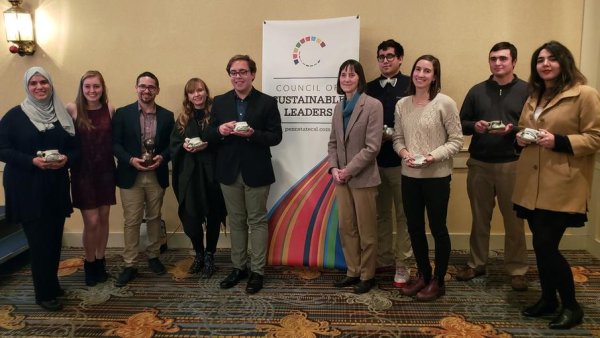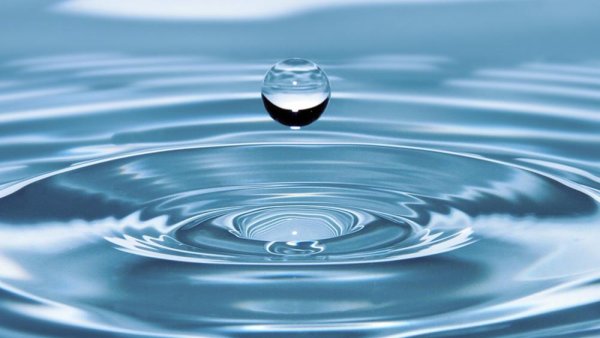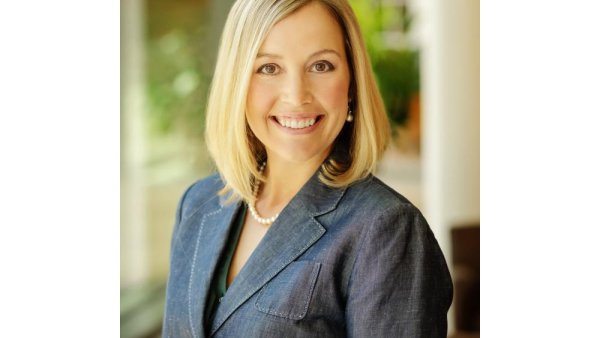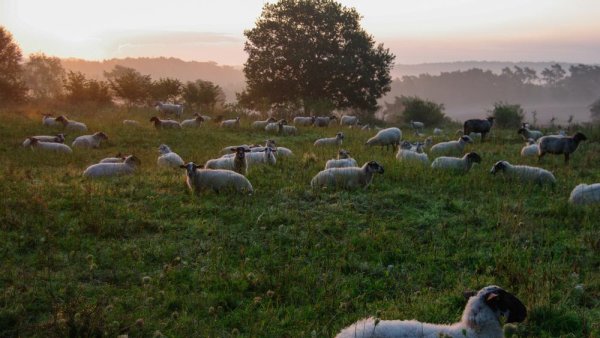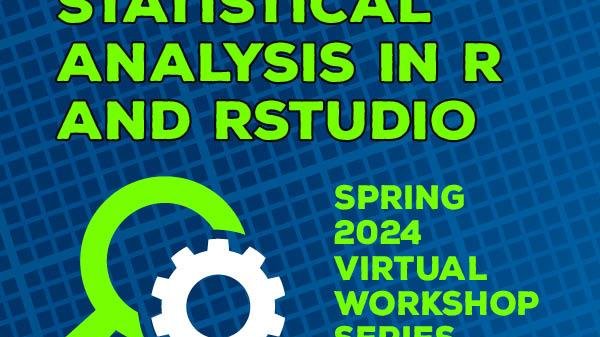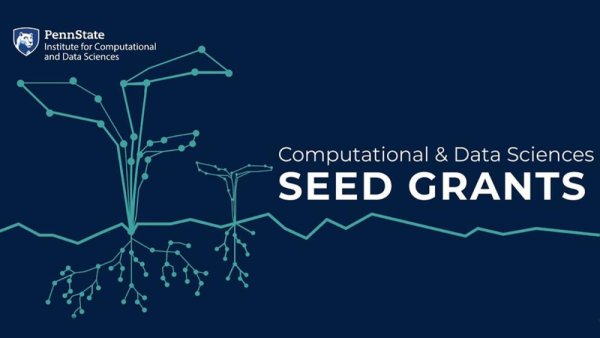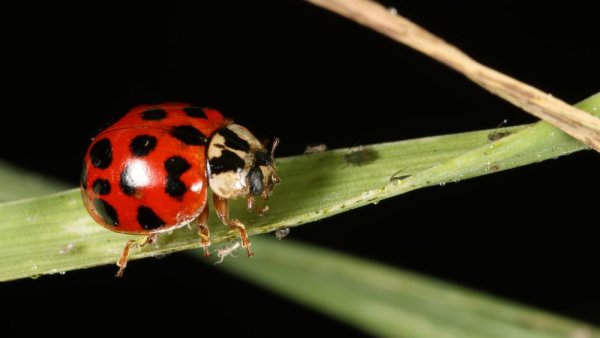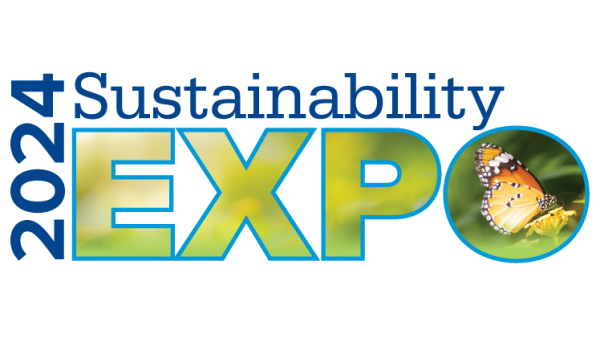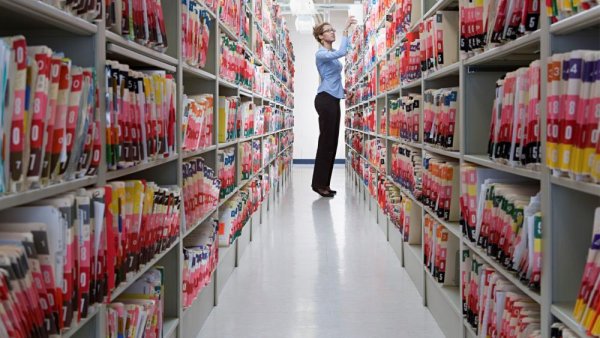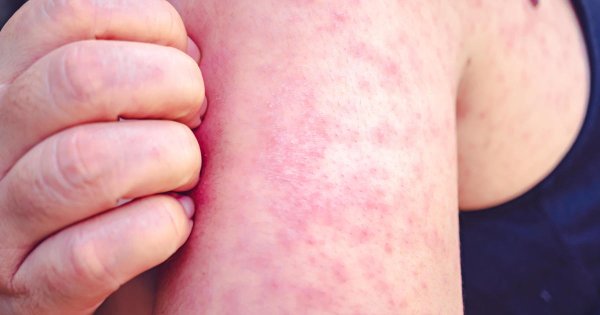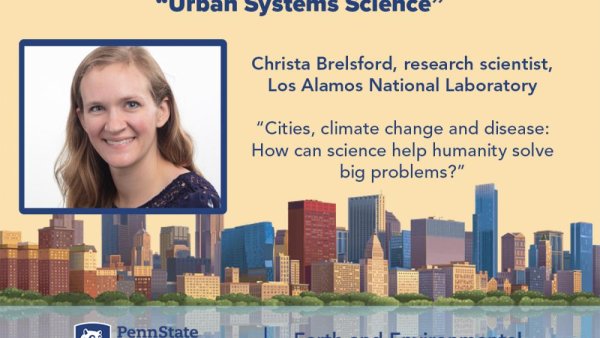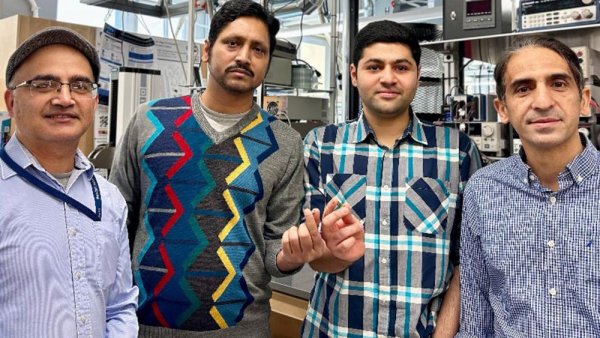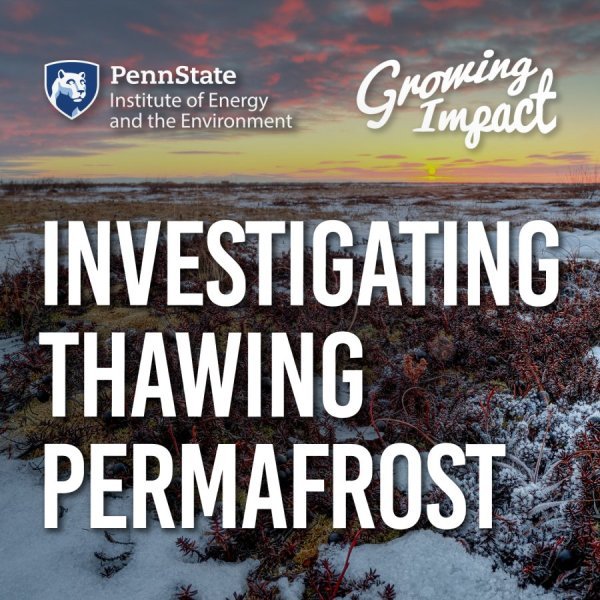Nominations open for the 2024 University-wide Sustainability Awards
| psu.edu
Nominations are being accepted through March 22 for the 2024 Sustainability Awards. All members of the University community and the public are encouraged to nominate deserving candidates.
Second annual Penn State water conference slated for March 14-15
| psu.edu
The Penn State Association of Water Students, in collaboration with the Penn State Water Council, will host the second annual water conference, “Penn State Water Conference: Multidisciplinary Perspectives on Water,” on March 14–15 in the HUB-Robeson Center on the University Park campus and on Zoom.
Johnson Lecture in Science Communication to be held April 25
| psu.edu
Melissa Marshall, founder of the science communications consulting company Present Your Science, will give the 2024 A. Dixon and Betty F. Johnson Lectureship in Scientific Communication, titled "Talk Nerdy to Me," on April 25 at 6:30 p.m. in 100 Thomas Building on the Penn State University Park campus.
Temperature, humidity may drive future transmission of parasitic worm infections
| psu.edu
Studies on climate and infectious disease typically focus on temperature’s role on disease transmission. However, an international team led by Penn State researchers found that both temperature and humidity contribute to future trends in the transmission of parasitic worm infections.
Libraries announces workshop series on statistical analysis in R and RStudio
| psu.edu
Beginning March 13, the Research Informatics and Publishing department at Penn State University Libraries will offer a series of five virtual workshops on statistical analysis in the programming language R. The workshops are free and open to Penn State undergraduate and graduate students, postdoctoral scholars, faculty and staff. Advance registration is required by March 11.
Institute for Computational and Data Sciences is accepting seed grant proposals
| psu.edu
Penn State’s Institute for Computational and Data Sciences (ICDS) is accepting proposals for its 2024 seed grant program. ICDS seed grants are designed to foster innovative data science and high performance computing-enabled research. Penn State faculty from any campus or college can submit applications now through March 29.
Ladybug scents offer a more ecologically friendly way to protect crops
| psu.edu
A team of researchers led by Sara Hermann, assistant professor of arthropod ecology and trophic interactions in the Penn State College of Agricultural Sciences, has developed pest control tools based on chemicals present in interactions between ladybugs and aphids. These tools could offer farmers more sustainable pest-control options.
2024 Sustainability Expo to be held April 6 at Shaver's Creek
| psu.edu
The 2024 Sustainability Expo will be held Saturday, April 6, from 11 a.m. to 4 p.m. at Shaver’s Creek Environmental Center.
Improving efficiency, reliability of AI medical summarization tools
| psu.edu
Researchers from the Penn State College of Information Sciences and Technology created a new method to streamline medical summarization, a process that uses artificial intelligence to condense complex patient information.
Measles cases rose 79% globally last year, WHO says. Experts explain why.
| cbsnews.com
The World Health Organization is warning about the rapid spread of measles around the world. As a Florida school district deals with confirmed cases, experts share why we're seeing the rise. This article quotes Matt Ferrari, director of the Center for Infectious Disease Dynamics and professor of biology.
Feb. 26 EarthTalks: How science can help solve big problems facing humanity
| psu.edu
Christa Brelsford, research scientist at Los Alamos National Laboratory, will give the talk, “Cities, climate change and disease: How can science help humanity solve big problems?” at 4 p.m. on Monday, Feb. 26, via Zoom.
Dual-energy harvesting device could power future wireless medical implants
| psu.edu
A new wireless charging device developed by Penn State scientists could dramatically improve powering capability for implantable biomedical devices — like pacemakers, insulin pumps and neurostimulators — while still being safe for our bodies, the researchers said.

